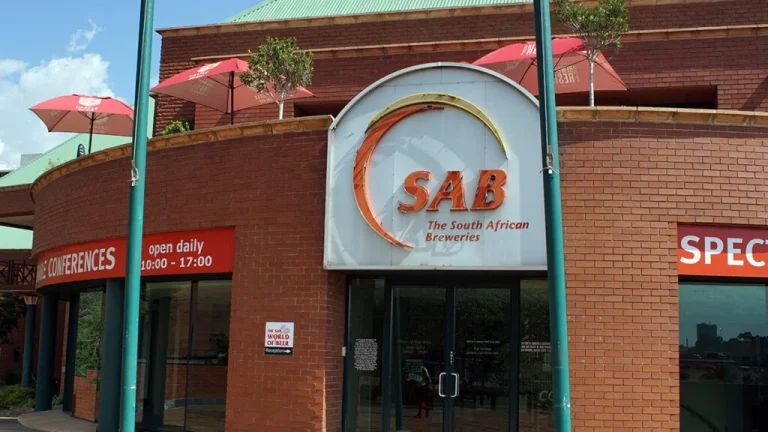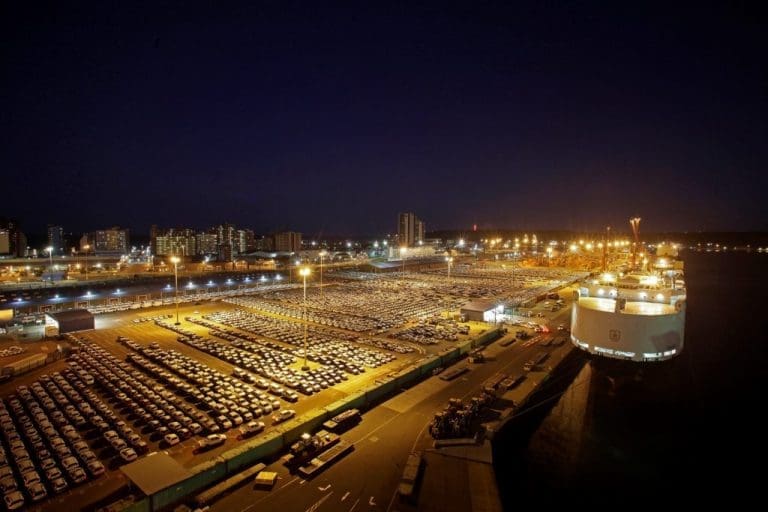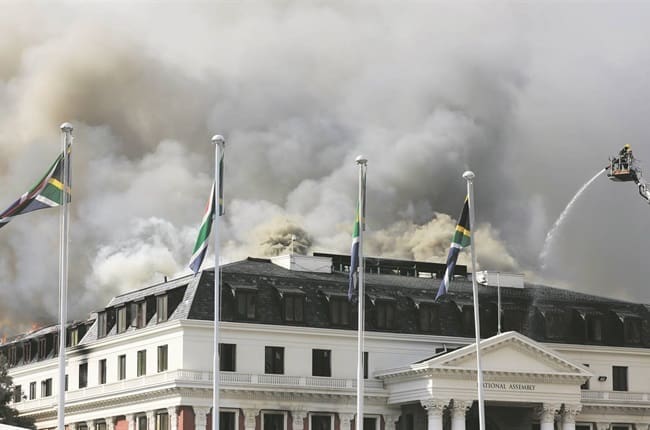South Africa’s rental property market has been on a rollercoaster ride this year, experiencing a mixed bag of challenges and opportunities. According to the latest Rode’s Report, the country has seen a notable increase in residential rentals in nominal terms, but when adjusted for consumer inflation, the picture becomes less rosy.
Nominal vs. Real Rental Growth
In nominal terms, residential rentals are on the rise across all provinces in South Africa. However, when inflation is factored in, rentals are in negative territory. This highlights the impact of rising living costs on both landlords and tenants.
Regional Variation in Vacancy Rates
One striking finding in the Rode’s Report is the significant regional variation in vacancy rates. The Western Cape, known for its robust property market, currently boasts the lowest vacancy rate of all provinces, standing at 2.9%. Although this figure is slightly higher than the 2.1% recorded in Q2, it remains the most favorable in the country. The national average vacancy rate stands at 6.9%, contributing to an increase in rental growth to 3.5% in the second quarter, according to Stats SA.
Semigration Boosts Demand in the Western Cape
The report attributes the Western Cape’s resilient property market to semigration. The Western Cape has been a magnet for people looking to rent or buy properties, thanks in part to its low unemployment rate, which is the lowest in the country. Smaller towns like Stellenbosch and George are particularly attractive, with virtually zero vacancies in flats.
Stellar Tenant Records in the Western Cape
The Western Cape also distinguishes itself with its tenant quality. According to PayProp data, only 14.4% of tenants in the province are in arrears, well below the national average of 18.4%. This suggests that the region has a strong and stable rental market.
A Closer Look at Rental Prices
The Rode’s Report delves into monthly rental prices for various flat sizes in major South African cities:
Joburg:
- Bachelor – Standard: R5,319
- Bachelor – Upmarket: R6,064
- 1 Bedroom – Standard: R5,706
- 1 Bedroom – Upmarket: R6,652
- 2 Bedroom – Standard: R6,913
- 2 Bedroom – Upmarket: R7,714
- 3 Bedroom: R8,882 – R9,610
Pretoria:
- Bachelor – Standard: R3,976
- 1 Bedroom – Standard: R5,984
- 2 Bedroom – Standard: R7,513
- 3 Bedroom – Standard: R8,132
Durban:
- Bachelor – Standard: R4,229
- 1 Bedroom – Standard: R6,177
- 2 Bedroom – Standard: R7,726
- 3 Bedroom – Standard: R8,165
Cape Town:
- Bachelor – Standard: R5,937
- Bachelor – Upmarket: R8,180
- 1 Bedroom – Standard: R7,433
- 1 Bedroom – Upmarket: R10,950
- 2 Bedroom – Standard: R8,933
- 2 Bedroom – Upmarket: R13,221
- 3 Bedroom: R13,272 – R14,433
The data indicates that rental prices vary greatly across cities and flat sizes, with Cape Town, as expected, showing the highest rates.
Upmarket Units Across the Country
While upmarket flats are relatively rare, they can still be found in different regions of the country. With the average price for a large upmarket unit sitting at around R12,000 between Johannesburg and Cape Town, prospective tenants can explore various options in South Africa’s major cities.
Conclusion
South Africa’s rental property market continues to evolve and adapt, with regional variations reflecting the diverse economic and social landscapes across the country. While challenges such as inflation-adjusted growth persist, the Western Cape stands out as a strong and stable market, driven by factors like semigration and low unemployment rates. Rental prices fluctuate significantly, making it important for tenants and landlords to stay informed about the trends in their specific area. As the property market remains dynamic, both tenants and property owners need to navigate this evolving landscape with careful consideration.










































